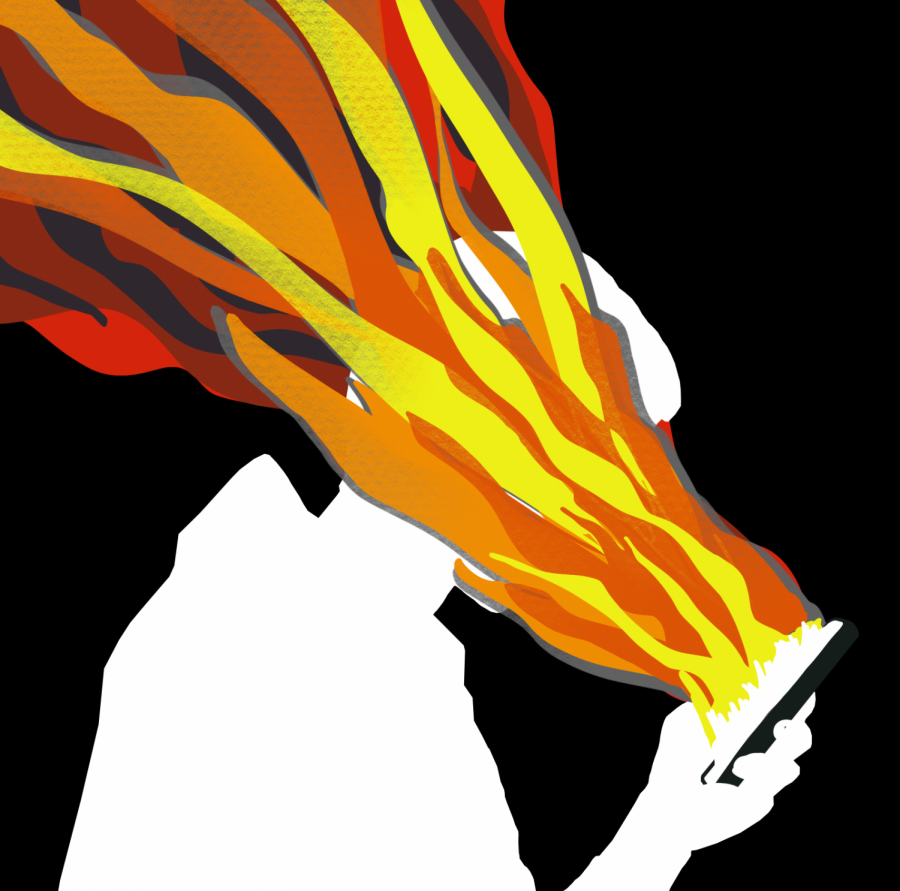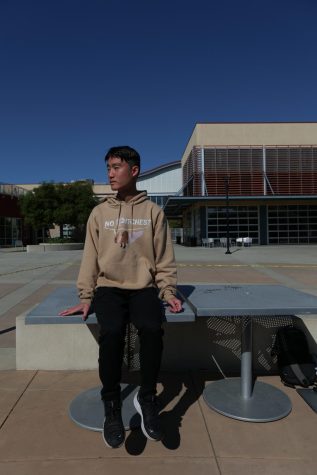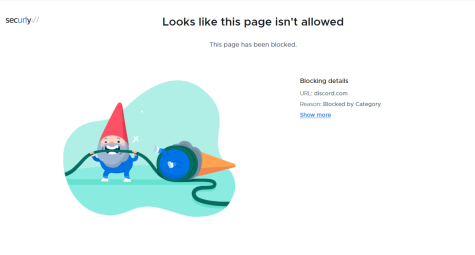Review of Social Dilemma
It is a well-known fact that social media can be addicting, but The Social Dilemma, directed by Jeff Orlowski, informs us that social media often nurtures addiction and implements it into many of their features.
The film takes an interesting perspective on social media, bringing in many of the social media founders responsible for some aspects of social media. Through various interviews and dramatizations, the film explores the rise of social media and the damage it has caused to society as a whole, focusing on its exploitation of user data through data mining and surveillance capitalism; its effect on politics and mental health; and its role in spreading conspiracy theories.
After I first watched the film, I felt like I wanted to throw my phone in the garbage and then chuck the garbage can into the office of a Facebook executive. As soon as the movie ended, I rushed to get my phone and deleted all of my social media applications. Although it felt rewarding, I could not help but redownload some of those apps just to communicate with other people.
Social media is so omnipresent that it is ingrained in every person’s mind, movements, and actions. The extent to which social media dominates students’ lives is off the charts. Facebook groups are formed for clubs and classes, Messenger is used in communicating amongst classmates, and group chats on Instagram are used for homework help. Especially while shelter-in-place and social distancing measures remain in place, deleting social media means losing touch with almost all of your friends and classmates outside of remote learning. Social media has even changed the culture of responding to messages. If I leave someone on read for an hour, I look as if I do not care about the message’s sender, making them feel bad about themselves. If I don’t respond to someone for a day or two, it is considered “ghosting,” a term that portrays me as a bad person who lost interest in the conversation.
Perhaps the scariest part of the whole documentary was listening to interviews with the people who created many social media aspects. Justin Rosenstein, the creator of the infamous “like” button, claimed that its idea was to spread positivity. On the contrary, likes are used as a proxy for popularity, and those who do not get as many likes look down upon themselves. The Social Dilemma proves a strong correlation with the rise in social media and the spikes in anxiety, depression, self-harm, and, worst of all, suicide amongst Gen Z girls. There is a new term in plastic surgery: “Snapchat Dysmorphia,” describing people who want plastic surgery to look more like the filters in Snapchat. The documentary explains how social media was created to be a place where people could connect, interact, and spread positivity.
The documentary explains how manipulating human behavior for profit is coded into the company’s roots with high precision. The interviewees describe how, through data mining and surveillance capitalism, they create personalized recommendations to influence our actions, making users easy prey for advertisers and propagandists.
According to the film, our degrading mental health and security of personal data are not the only problems. Social media, through filtration of news and facts, is also rapidly diminishing our critical thinking skills. The documentary cites a recent poll that states people who identify strongly with one party often believe the other political party is a “threat to society.” This same polarization results in social media companies limiting their users’ feeds so that the content almost aligns exclusively with their political preferences. Calculations show that this polarization of news keeps individuals online longer, making more a profit for them. Because everyone sees different information, everyone operates on a different set of facts.
Another product of social media’s “attention-extraction model,” according to the documentary, is fake news. According to Tristan Harris, a former Google employee, fake news spreads six times faster than factual news. Communities like flat-earthers, anti-vaxxers, QAnon and other conspiracy groups rise from the projection of these fake stories.
The Social Dilemma suggests government regulation as a solution to keep these companies in check, but is that realistic? Without a fiscal incentive for these companies, there are zero reasons for them to change their methods of manipulating users for profit. As long as corporations like Facebook wield unlimited power over Congress, the proposed government regulation may become “self-regulation” by the companies themselves. What can we do unless — or until — Congress cracks down on social media firms?















